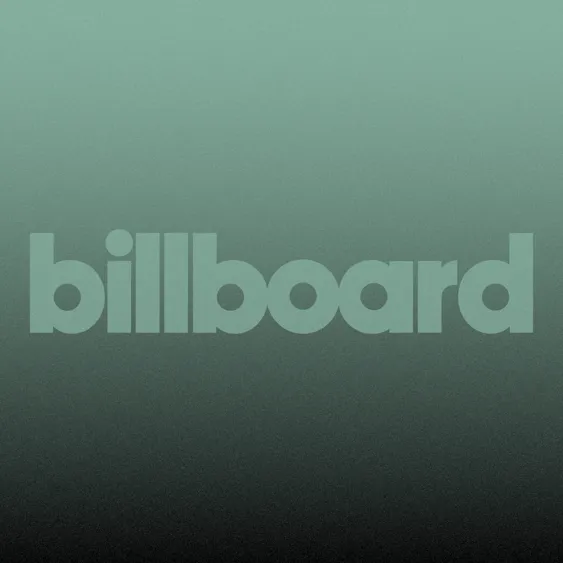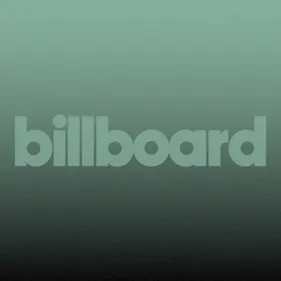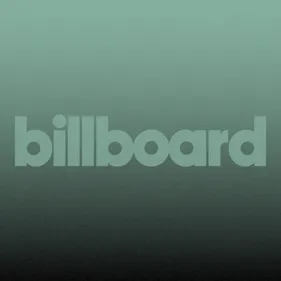Jay-Z Shrugs Off Criticism of Bad Bunny's Super Bowl Role

In October 2023, Jay-Z publicly spoke out in defense of Bad Bunny's upcoming performance at the Super Bowl Halftime Show, amidst significant backlash from certain political figures, including Donald Trump. Critics have voiced their discontent, questioning the choice of Bad Bunny, a Puerto Rican artist, to headline such a high-profile event. Jay-Z, who is instrumental in booking the Halftime Show through his company Roc Nation, responded to the criticism directly in an interview with TMZ. He stated, "Don’t let yourself be misled by all the chatter; Bad Bunny is a global sensation and represents the evolution of music and culture today." This quote encapsulates Jay-Z's view on the importance of inclusivity in mainstream music.
The Super Bowl Halftime Show has a longstanding tradition of featuring diverse and high-profile artists, which emphasizes the cultural significance of such performances. Historically, the event has transitioned from predominantly showcasing rock and pop artists to embracing a wider array of musical genres, including hip-hop and Latin music. Bad Bunny’s rise as one of the foremost figures in Latin music underscores why his inclusion resonates with both fans and industry stakeholders. His global reach and influence have been noteworthy, with data showing that he garnered the most streams in 2020 and 2021 on platforms like Spotify. This change reflects broader shifts within the music industry, where diversity is increasingly celebrated.
Jay-Z's comments reflect a growing recognition within the music industry regarding the importance of representation at major events. The backlash he refers to highlights a stark division in audience perception. Many social media users have come forth in support of Bad Bunny, celebrating his achievements and cultural significance, while others echo the critical sentiments expressed by Trump and other right-wing commentators. Social media platforms have witnessed a surge in reactions, with hashtags supporting Bad Bunny trending alongside counter-narratives questioning his suitability for the halftimes show. Viral moments have emerged from these discussions, showcasing both fervent support and dissent, which points to the impact of rapidly evolving fan culture.
In examining the current controversy, it is pertinent to recall the past backlash that artists have faced when pioneering diversity in spaces traditionally dominated by specific demographics. A similar instance occurred with the outrage faced by Jennifer Lopez and Shakira during the 2020 Super Bowl Halftime Show, where critics questioned their representation of the Hispanic community. That performance was pivotal, emphasizing the necessity of inclusivity in mainstream music events. The backlash surrounding such performances often serves as a litmus test for the industry's evolution concerning broader societal changes.
The ongoing debates surrounding Bad Bunny’s performance are expected to reflect upon industry norms and fan responses moving forward. Jay-Z’s support may bolster Bad Bunny’s reputation within traditional sports and music circles, confirming Hip-Hop and Latin music's legitimacy at significant mainstream events. Industry insiders point out that embracing diverse forms of artistry can reshape market norms, and audience expectations will continue evolving to include broader representations of culture. Therefore, Jay-Z's confidence not only reaffirms Bad Bunny’s role in the performance but also speaks to a larger movement towards acceptance within popular culture.
In conclusion, Bad Bunny's presence at the Super Bowl Halftime Show symbolizes a significant moment in the trajectory of contemporary music culture, which has increasingly prioritized diversity and inclusion. Jay-Z’s remarks highlight the tension between traditional viewpoints and the shifting landscape of music appreciation. The discourse surrounding the event will likely shape future performances and continue to influence how artists from varied backgrounds are perceived and celebrated on global platforms.
© 2025 Music Voyage.


